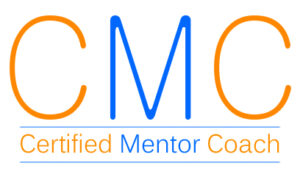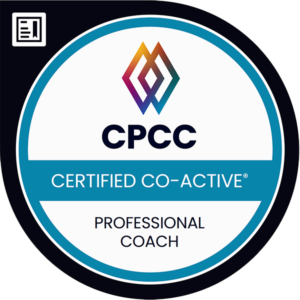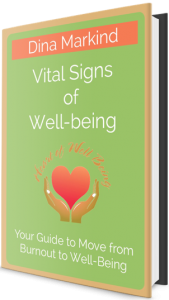 The stakes are high in healthcare, which leads many providers to have a perfectionistic attitude, a desire to not miss anything and to review the day with a critical eye. These are admirable qualities and help to keep your patients safe. And, they can also lead to doubting yourself and feeling like you are ineffective, a sign of burnout. How do you balance the good aspects of being self-critical with maintaining an upbeat and realistic perspective? Utilize Self-Compassion to connect with your well-being. Self-Compassion is associated with greater emotional resilience and more accurate self-concepts.
The stakes are high in healthcare, which leads many providers to have a perfectionistic attitude, a desire to not miss anything and to review the day with a critical eye. These are admirable qualities and help to keep your patients safe. And, they can also lead to doubting yourself and feeling like you are ineffective, a sign of burnout. How do you balance the good aspects of being self-critical with maintaining an upbeat and realistic perspective? Utilize Self-Compassion to connect with your well-being. Self-Compassion is associated with greater emotional resilience and more accurate self-concepts.
Some days, it is easy to think “I should be doing more… why aren’t I further along… so and so is able to …” All those phrases of “should” and comparison aren’t recognizing your individual situation, or your individual worth. They probably aren’t helping you do better either. My guess is that you’re doing the best you can within a challenging situation.
The negative self talk generates a downward spiral limiting your ability to experience joy and self-confidence. The exaggerated self-criticism is self-sabotaging. An alternative is self-compassion, treating yourself with understanding and kindness, the way you would treat a loved one or friend.
Kristin Neff, PhD at the University of Texas has defined self-compassion as being composed of three main components:
- Self-kindness – being gentle toward yourself in the face of painful experiences and when falling short of your ideals.
- Common humanity – recognizing that suffering and a sense of personal inadequacy is part of the shared human experience; you are not alone.
- Mindfulness – using awareness to take a balanced approach to negative emotions so that feelings are neither suppressed nor exaggerated, putting your own situation into a bigger perspective.
Here are some things you can do to increase your self-compassion. Participating in these activities you will build resilience, develop a more accurate self-concept and you’ll be more successful too.
- Be gentle in how you speak about and to yourself – Notice your self-talk. Don’t tell yourself, “I’m incompetent.” Instead, be gentle with yourself, acknowledge more of the situation and look for something or things you did well this day.
- Engage in a daily gratitude practice – Use the 3Ws method to ask yourself daily “What Went Well, today?” Regularly experiencing and participating in gratitude practices can actually change your brain.
- Respond to yourself as you would respond to a close or beloved friend.
To connect with self-compassion and enhance your well-being, sign up for coaching.
If you like these posts, spread the word and forward them to your friends and colleagues.
Revitalize Your Life,
Dina, 203.744.YOU3 (9683)
Improving physician and nurse well-being through coaching and group programs.
If you’re not yet on my list, please sign up at HeartofWellBeing.com to receive articles regularly.





